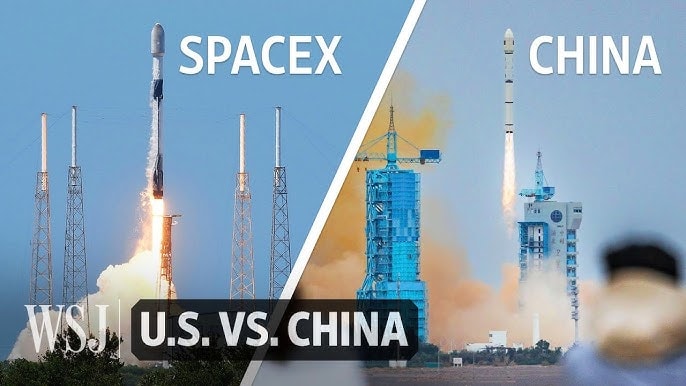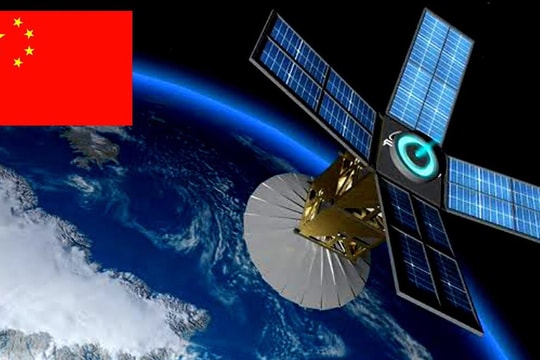Why is China still determined to invest heavily in developing large-scale satellite constellations?
Developing low-Earth orbit (LEO) satellite projects helps China compete with Western companies in the international market, strengthen its position in the space technology sector and reduce its dependence on foreign-controlled global telecommunications infrastructure.
According to information from billionaire Elon Musk's aerospace company SpaceX, Starlink currently operates nearly 7,000 satellites operating in low Earth orbit (LEO), providing Internet service to about 5 million users in more than 100 countries around the world.
The system is designed to bring high-speed internet connectivity to remote, isolated areas and places that lack adequate access to technological infrastructure.

SpaceX has ambitions to expand its massive satellite network to 42,000 satellites. Meanwhile, China is also aiming for a similar scale with plans to deploy about 38,000 LEO satellites through three projects named Qianfan, Guo Wang and Honghu-3.
Besides the Starlink project, Eutelsat OneWeb, a European-based company, has also deployed more than 630 LEO satellites to provide satellite Internet services.
Meanwhile, e-commerce giant Amazon is planning to build Project Kuiper, with about 3,000 LEO satellites. However, Amazon has only put two prototype satellites into orbit so far.
Faced with increasingly fierce competition in the global satellite Internet market, why is China still determined to invest heavily in both finance and resources to develop large-scale satellite constellations? The reason lies not only in the economic aspect but also in strategic, technological and geopolitical interests.
These projects not only help China create high-speed, independent and highly secure internet networks for remote areas within the country, but also play an important role in competing with Western companies in international markets, consolidating its position in the field of space technology and reducing its dependence on foreign-controlled global telecommunications infrastructure.
"Starlink has demonstrated its remarkable ability to bring the Internet to people in remote areas, making it easy for them to access the Internet and use any website or application they need," said Steve Feldstein, a senior fellow at the Carnegie Endowment for International Peace.
“For China, one of the big priorities is to tightly control the content that its citizens can access. So they see Starlink as a serious threat. If Starlink were to provide uncensored content to Chinese citizens or even to their allied countries, this could completely circumvent the censorship system that they have established. So China sees the need to quickly develop an alternative to protect its control of information,” Mr. Feldstein further explained.

Experts say that although Chinese telecoms groups are unlikely to become the preferred choice in markets such as the US, Western Europe, Canada and US-allied countries, opportunities are still wide open for satellite services from China in many other regions of the world.
Meanwhile, Juliana Suess, a researcher on space security and defense policy at the German Institute for International and Security Affairs, said that certain geographic areas could become attractive markets for Starlink competitors, especially services developed by China.
“We see that 70% of the 4G network infrastructure on the African continent has been built by Huawei. So applying a spatial perspective to this can create important breakthroughs and promote further development in the region,” Ms. Suess added.
In addition to its role as a strategic tool for geopolitical influence, possessing an exclusive satellite Internet system is increasingly becoming an essential element for national security, especially in a context where terrestrial Internet infrastructure can be paralyzed during conflicts.
“One of the major contributions that Starlink technology has made to the Ukrainian battlefield is the development of drone warfare and the connected battlefield,” Feldstein said. “The use of satellite-based weapons is now seen as a significant military advantage. So I believe China recognizes the importance of this and sees investing in satellite technology as a key element to its national security goals.”


.jpg)


